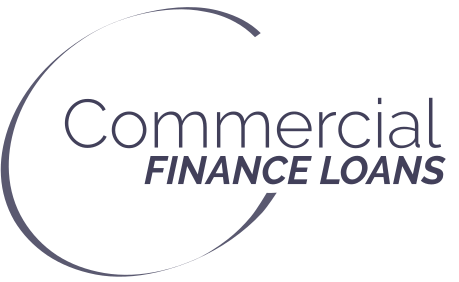One of the most important elements of any property development project is the feasibility study of that project.
Feasibilities studies are needed so that you can weigh up the positive and negatives and have a plan that gets you a good profit at the end of the project.
If you were going into business this would be akin to a SWOT Plan. What are your strengths in business, where are your weaknesses, what opportunities exist and where there are threats. A property development is no different. A business without a business plan is almost dead in the water. A property development project without no plan is in the same position.
Threats or risks may come in the form of:
- How suitable is the site and what is allowed to be built there
- Getting planning approval
- Communication with the local council
- Keeping things civil with the neighbours
- Budget blowouts and many more
Just like a business would have a business and marketing plan that clearly articulates the financial position, or forecasts, so too must you know if the numbers make sense on the project. If there is no profit in the spreadsheet, then better off looking for another project.
So how do you conduct a proper feasibility study?
Undertaking your feasibility study
There are actually a few studies that need to be taken along the way, not just a singular study.
To be feasible the project must be commercially viable. It’s more than just analysing some numbers.
The study should not be rushed. Just like you would not go into business without having seen that there is a market for your product or service, that your messaging on what makes you different is very clear, etc. it is vital that you dot all your I’s and cross all your t’s.
It needs to be as accurate as possible, but you don’t want to break the bank in money putting it together or for it to take forever. A good balance is required, but don’t skimp on it or rush it, as it could make or break your project.
You should at least look at getting exact cost estimates for items like:
- Outlay for Acquisition
- Cost of getting approval for the development
- Cost of operation work
- Construction Costs
- Sealing & Titles
- Costs to sell development
Any mistakes in this stage could end up costing you in the long run, so try and get these estimates as accurate as you can from the outset.
Due diligence feasibility research
Assuming you decide that a potential development site is feasible, then it is best to work out what to do with that land? What is the highest & best use, so you make a good profit on it?
This is where you should speak to a local council planner and ask what they allow for this zoning. Different councils have different rules, so seek them out and try to understand what the regulations are, and what type of property or project is best suited to this piece of land. Is it a Duplex, apartments etc.
Enter all this data into a feasibility tool that will spit out an answer for you.
The complexity of the proposed project may require you to get some help from outside consultants:
- Architects to map out what size development you can get on this land.
- Town Planner to tell you in a nutshell whether you will get approval to build your project
- Legals to deal with titles and contracts.
- Marketing team to get pricing.
- Finance people who will get you the money to build the project.
- Other Searches required for your specific state, postcode, council etc
Market research
Just like we discussed a business launching a new product or service needs to make sure there is a market there, so too do we need to treat this project as a new business, and work out our market in this area?
Are there buyers in this area, are there renters. Will it appeal to them and will it sit in their ballpark price range?
Having addressed the market that may be interested in your project it is time to hit the local real estate agents and ask them what similar projects are selling for in the area, so you can have a good idea of what you can possibly sell your finished project.
This sort of information will help flesh out the feasibility document or information memorandum if you intend to seek funding for your project.
Most importantly they will tell you if there is profit to be made in this project, cause if there isn’t it’s time to move onto the next project.
Some of the Inputs that go into a Development Feasibility Study
- Purchase price
- Purchase date and settlement.
- Stamp duty on the purchase and mortgage
- Equity in the project.
- Finance establishment fee.
- Conveyancing and legal costs.
- Consultant’s costs, as discussed above.
- Construction costs.
- Rates and taxes.
- A contingency buffer.
- Income from sales and rentals
Just to name a few. Take these figures and plug into a feasibility tool, to see if project is worth considering.
Going back to our business analogy, remember that this document is a living, breathing document. It should be updated and edited, just as you would with a business plan or a marketing plan. Err on the side of caution and include a good chunk of contingency in the study, as unexpected things always have a knack of cropping up when you least expect them.
Having a plan, doing your research, is what will separate you from the guys who tried, as opposed to those who succeeded. Be professional, take your time, do your feasibility study properly, and you should reap a nice profit off the back of your project or know when to say NO to this site & keep looking for a development site that works for you.







